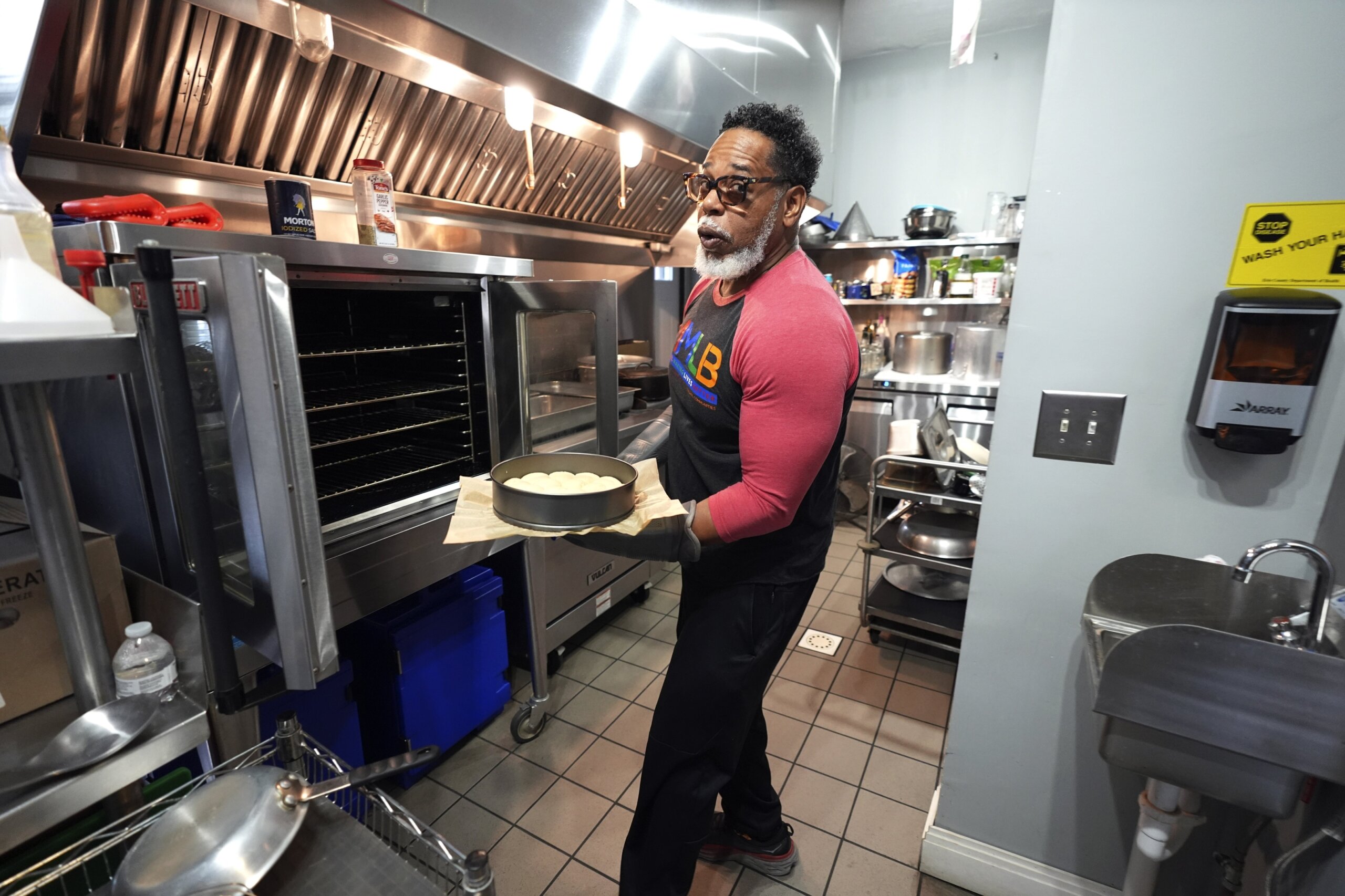Travel
11 Best Cities to Visit in Italy, According to a Local
:max_bytes(150000):strip_icc()/TAL-florence-ITCITIES0924-6aada9377bca4896a4338ab8950cca39.jpg)
Italy is home to a seemingly infinite number of beautiful places, from mountain ranges with epic skiing to beach towns and islands where you can soak up the Mediterranean sun. Of course, you’ve got to start somewhere — and Italy is home to some of the world’s most beautiful and fascinating cities that everyone should visit at least once in their lifetime.
I’ve lived in Rome for more than five years and take every chance I can get to visit Italy’s most dynamic cities. The incredible thing about them is that they’re each so unique and diverse. Travel an hour or two, and you can have a completely different experience. Some cities will leave you rapt as you ogle their historic treasures, while others will inspire you with their contemporary fashion and design scenes. One thing is certain: Anywhere you go in Italy, you can be sure to eat well, especially if you stick to the local specialties, which vary from region to region and even city to city.
It may be tempting to try to pack in as many different destinations as you can into a week’s trip, but if you ask me, these cities all need at least two to three days to visit (and within three days, you’ll only just scratch the surface). Whether you’re planning your first trip to the country or you visit frequently, these 11 essential cities in Italy are definitely worth your time.
Rome
Gautier Houba/Travel + Leisure
The Eternal City is often the first place people visit in Italy — and for good reason. With more than 2,000 years of history, this World’s Best Awards-winning city has got more than enough to keep you occupied for weeks. First-time visitors will want to check the Colosseum and Vatican off their lists, but there are countless things to do in Rome, from picnicking in the shadow of ancient aqueducts to peeking inside aristocratic palaces, not to mention tasting local specialties like carbonara and cacio e pepe. You would need a lifetime to do it all.
Florence
Evgeniya Vlasova/Travel + Leisure
The cradle of the Renaissance, Florence consistently ranks among the top cities in the world in our World’s Best Awards. The amount of artistic and architectural masterpieces concentrated in this one city is mind-boggling. You can gaze upon Michelangelo’s David at the Galleria dell’Accademia, visit the Uffizi to see Botticelli’s “Birth of Venus,” and admire the Duomo all in one day — and that’s just the beginning. Cross the famed Ponte Vecchio to explore the hip Oltrarno area, which is full of artist studios, vintage shops, and great little cafes, restaurants, and bars. Be sure to try local specialties like panzanella, pappa al pomodoro, and bistecca alla Fiorentina paired with a nice glass of Chianti or Brunello di Montalcino.
Venice
Christopher Larson/Travel + Leisure
Sometimes called La Serenissima (“the most serene”), Venice is a must-visit city that everyone should see at least once in their lifetime. Wandering around watching the gondolas ply the canals lined with Renaissance palaces is simply mesmerizing. St. Mark’s Basilica, the Doge’s Palace, and the Galleria dell’Accademia are just a few of the best places to delve into the city’s history, but Venice also comes alive with events like the Venice Biennale and Carnevale. Unfortunately, the crowds can be overwhelming at times, so I suggest visiting during the off- season, from November through March.
Milan
Laura La Monaca/Travel + Leisure
Italy’s fashion and design capital sometimes gets overlooked in favor of the country’s art cities, but Milan is well worth a trip. As Italy’s most internationally-minded and cosmopolitan city, it’s a dynamic destination with a fantastic restaurant and bar scene — arguably the best in Italy. Some of the best things to do in Milan include admiring the Duomo and Galleria Vittorio Emanuele II, sipping a Negroni sbagliato at the bar where it was invented, and visiting the Prada Foundation and Villa Necchi Campiglio. You should also try local specialties like risotto alla Milanese and cotoletta alla Milanese.
Naples
Amanda Blackard/Travel + Leisure
Many people simply pass through Naples on the way to the Amalfi Coast, Capri, or Ischia, but the birthplace of pizza is one of Italy’s most beautiful cities. An old Italian saying goes, “Vedi Napoli e poi muori” (“See Naples and then die”), essentially implying that Naples is the ultimate destination and only once you’ve seen it can you die happy. The city may have a reputation as gritty and chaotic, but it’s also home to an incredible archeological museum and masterpieces by Caravaggio, and its tailors are renowned as the best in Italy. Aside from the pizza, be sure to taste Neapolitan specialties like sfogliatella.
Bologna
Michela Sieman/Travel + Leisure
Bologna has three nicknames: La Dotta, La Grassa, La Rossa (“The Learned, The Fat, and The Red”) and each one speaks to a different quality of the city. “Learned” refers to the university — the oldest in Europe, established in 1088. “Fat” alludes to the rich, heavy food served here (tagliatelle alla Bolognese, lasagna, and tortellini all hail from Bologna). And depending on who you ask, “red” might be a reference to the color of the brick buildings or the city’s communist leanings. One thing is certain: Bologna is one of Italy’s most liberal, educated, and well-fed cities.
Palermo
Laura La Monaca/Travel + Leisure
Sicily’s capital has a mix of Arab, Norman, Byzantine, and Baroque architecture — a testament to the many different groups that ruled the island and each left their mark. You can see their influence in the city’s main cathedral and the Palatine Chapel, a dazzling confection covered in glittering gold mosaics. When in Palermo, you must go to the outdoor markets like Ballarò and Vucciria, where you can taste street food specialties like arancini and cannoli. Don’t be intimidated by how bustling and chaotic the city is — Sicilians are some of the most open and hospitable people around.
Lecce
Ilias Katsouras jr/Getty Images
Sometimes called the “Florence of the South,” Lecce is coming onto the radar of savvy travelers. Located in Puglia, the heel of the boot, this small city is characterized by Baroque buildings that take on a golden hue because of the type of limestone that was used to construct them. The historic center is a maze of narrow lanes lined with boutiques, bars, and restaurants. Here you must try local specialties like caffè Leccese (iced espresso sweetened with almond syrup) and pasticciotti (oval pastries filled with custard-like cream). Lecce is also a great base for visiting the fantastic beaches of the Salento Peninsula.
Turin
AleksandarGeorgiev/Getty Images
The capital of Piedmont, Turin is one of Italy’s most quietly elegant cities. Ruled by the French Savoy dynasty for around 500 years, Turin was actually the first capital of the newly unified Kingdom of Italy in 1861, and the Royal Palace of Turin is definitely worth visiting. Travelers visiting the city today will notice a bit of French flair in the architecture and even the food. Don’t leave without trying prized wines like Barolo and Barbaresco and local specialties made with hazelnuts and truffles. Vermouth was also invented here.
Perugia
Julian Elliott Photography/Getty Images
Umbria, sometimes called Italy’s green heart, is a must-visit region in central Italy between Rome and Tuscany. Its capital, Perugia, is a small but charming city that looks much the same today as it did in the Middle Ages, making it a great place to go if you want to immerse yourself in history. Go inside the Palazzo dei Priori to gaze up at frescoes by Perugino inside the Collegio del Cambio, then sit down to a meal of hearty pasta with wild boar ragu or perhaps fresh pasta with shaved black truffle. Perugia is also known for its chocolate, so be sure to visit an artisanal shop like Augusta Perusia.
Parma
Denis Vostrikov/Getty Images
About an hour from Bologna, Parma punches far above its weight in terms of cultural and culinary significance. This is where Parmigiano Reggiano and prosciutto di Parma originate, so people take food very seriously here. Prior to Italy’s unification, the Duchy of Parma was extremely wealthy and powerful, so the city is full of artistic and architectural riches. Take it in at the Palazzo della Pilotta complex, which houses the National Gallery, the Farnese Theater, the Palatine Library, the Archeological Museum, and the Bodoni Museum (Italy’s oldest printing museum).










